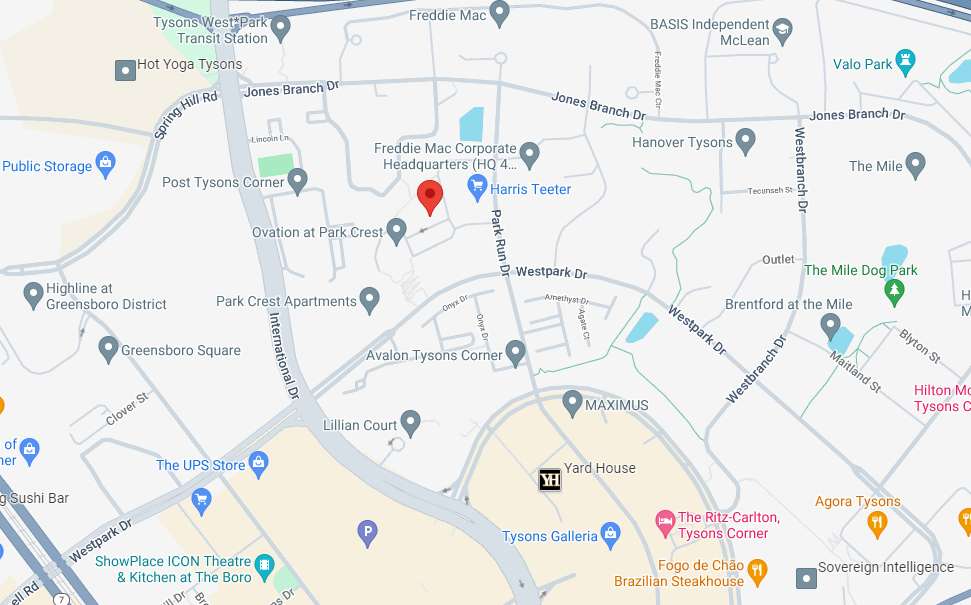This is a sponsored column by attorneys John Berry and Kimberly Berry of Berry & Berry, PLLC, an employment and labor law firm located in Northern Virginia that specializes in federal employee, security clearance, retirement and private sector employee matters.
By John V. Berry, Esq.
There have been at least 10 states that have legalized marijuana over the past 5-10 years. The change in state laws has led to significant confusion by security clearance holders about their ability to use marijuana while holding or seeking a security clearance.
States like Massachusetts or California have legalized marijuana, but marijuana use remains illegal under federal criminal law as a Schedule I drug. The state and federal conflict in laws has caused both confusion and problems for security clearance applicants or holders.
Security Clearance Rules Governing Marijuana Usage
Security clearance holders and applicants frequently run into security clearance problems under Guideline H of the Security Clearance Guidelines (Security Executive Agent Directive 4) because they don’t realize that the use of marijuana, even in a state that has legalized it, remains illegal under federal law.
I believe that these guidelines will be amended in the next 5-7 years to change the use of marijuana from a complete ban to an abuse standard, like with alcohol, but the issue remains a problem today for those in the security clearance world.
Additionally, the type of marijuana which is used makes no difference (e.g. candy form, chocolate, brownie, smoking) under the guidelines. We have seen individuals that have had security clearance problems stemming from eating a single gummy candy which contained the active ingredients of marijuana.
We have defended many security clearance clients who have engaged in the light (or even one-time) usage of marijuana, who have had difficulties in overcoming the presumption that even minor use makes one ineligible to hold or maintain a security clearance. If the usage was a long time ago, this can significantly help mitigate a security concern, but the trickiest situations arise when marijuana usage has occurred within the past year.
The key in such cases is to attempt to mitigate security concerns by showing abstinence, changes in attitude, changes in associations with friends that engage in drug use and counseling, where needed.
Guideline H of the SEAD 4 states that:
The illegal use of controlled substances, to include the misuse of prescription and non-prescription drugs, and the use of other substances that cause physical or mental impairment or are used in a manner inconsistent with their intended purpose can raise questions about an individual’s reliability and trustworthiness, both because such behavior may lead to physical or psychological impairment and because it raises questions about a person’s ability or willingness to comply with laws, rules, and regulations. Controlled substance means any “controlled substance” as defined in 21 U.S.C. 802. Substance misuse is the generic term adopted in this guideline to describe any of the behaviors listed above.
Mitigation of Marijuana Use
Certain factors can mitigate security concerns for marijuana usage. These include:
(a) the behavior happened so long ago, was so infrequent, or happened under such circumstances that it is unlikely to recur or does not cast doubt on the individual’s current reliability, trustworthiness, or good judgment;
(b) the individual acknowledges his or her drug involvement and substance misuse, provides evidence of actions taken to overcome this problem, and has established a pattern of abstinence, including, but not limited to:
(1) disassociation from drug-using associates and contacts;
(2) changing or avoiding the environment where drugs were used; and
(3) providing a signed statement of intent to abstain from all drug involvement and
substance misuse, acknowledging that any future involvement or misuse is grounds for
revocation of national security eligibility;
(c) abuse of prescription drugs was after a severe or prolonged illness during which these drugs were prescribed, and abuse has since ended; and
(d) satisfactory completion of a prescribed drug treatment program, including, but not limited to, rehabilitation and aftercare requirements, without recurrence of abuse, and a favorable prognosis by a duly qualified medical professional.
How to Approach a Marijuana Use Issue When a Security Clearance is Involved
It is very important not to underestimate the seriousness involved when a security clearance application, investigation or appeal reveals even minor usage of marijuana. Even minor usage of marijuana can cause the loss of a security clearance.
Marijuana usage issues may change in the future as the government likely moves from complete marijuana abstinence to an abuse threshold. In such cases, mitigation and the Whole-person concept are critical to attempting to obtain or retain one’s security clearance.
Conclusion
If you are in need of assistance in the security clearance process, please contact our office at 703-668-0070 or through our contact page to schedule a consultation. Please also visit and like us on Facebook or Twitter.






